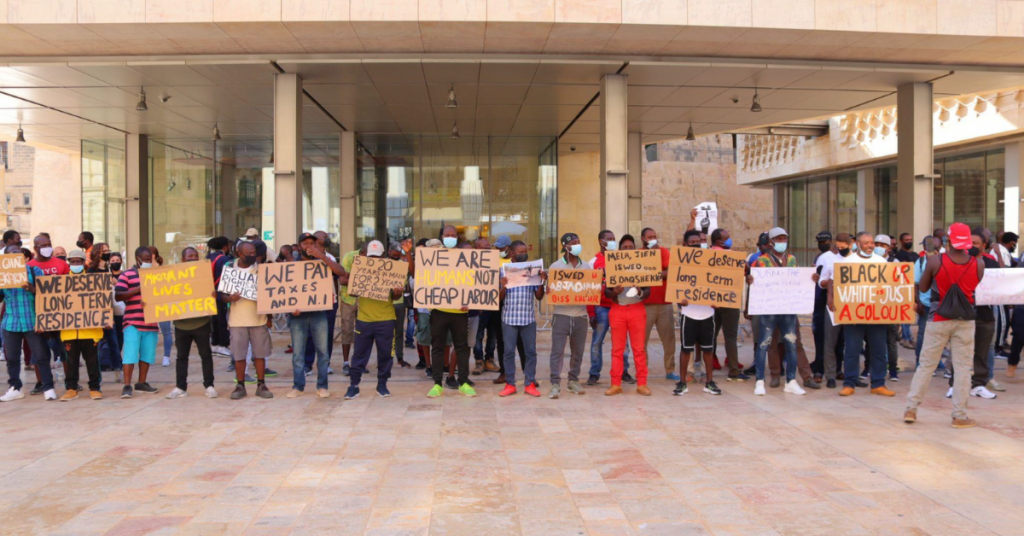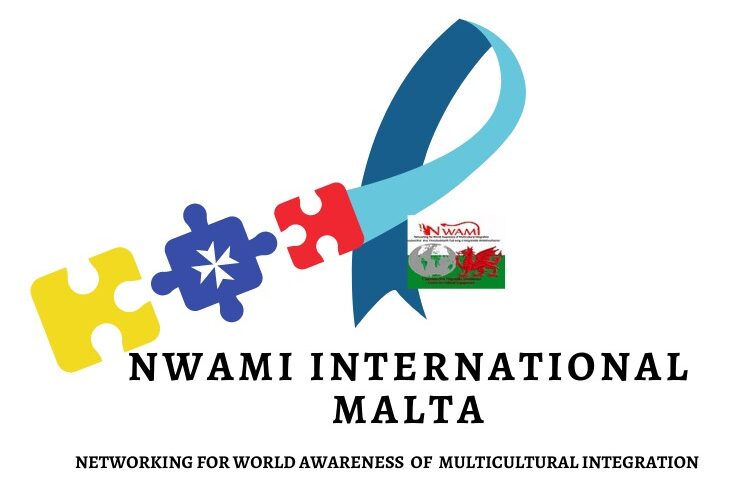European migration policies have been proven that they have not yet managed to eliminate racism against migrants. Although racial and ethic origin discrimination are prohibited by European laws, racist attacks, discrimination, harassment by civilians and by the police, labour exploitation, lack of access to goods and dehumanization are some of the key reasons for migrants’ social exclusion.
All these facts brought the discussion of racism, discrimination and xenophobia at a European level to the fore. On June 17 2020, the Commission President Von Der Leyen said in a speech:

Following that, on 18 September 2020, The Commission announced “A Union of Equality”: EU anti-racism action plan 2020-2025 consisting of legislative and non- legislative measures. They refer to:
- Reassessing the existing EU legal The Commission will address any necessary legislation in 2022 regarding Racial Equality Directive and it will combat racism and xenophobia.
- All forms of hate crime and hate speech will be strengthened in the EU law, if
- Stakeholders will communicate and collaborate in order to fight racism.
- The collection of data disaggregated by the ethnic and racial origin will be improved.
This action plan applies as well to Malta, along with many other European countries, becoming the first-ever launched anti-racism strategy in the country. More specifically, this strategic plan consists of 22 measures that intend to support intercultural inclusion, discourse and research. Moreover, their aim is to eliminate structural discrimination and racial attacks in an individual, in a systemic and societal level across Malta and Gozo islands. An important driver of the strategy was the Ministry for Equality, Research and Innovation, together with the Ministry for Tourism and Consumer Protection that in cooperation with Manchester United, organized various actions in order to banish racism in sports. An added value was the support of Maya Lucia, a female football player, a victim of a racist attack who addresses the necessity of an anti-racist program in Malta.
The plan focuses in a significant way on the involvement of stakeholders, organizations, social and political parties, research, training and other important social factors into the collective effort to fight against racism. The sectors that attract more attention are education and youth, healthcare, employment, housing, criminal justice, public services, integration and international efforts. On the other hand, Clayton Bartolo the Maltese Minister for Tourism and Consumer Protection referred to the young generation as the ones capable of putting an end to racism in Malta. “Black Lives Matter” which is one of the biggest civil movements in the USA gained global support especially after the murder of George Floyd, underlining the importance of racism elimination in an international level. Similarly, the racist attacks and discrimination that have been reported in Malta in the last years make this anti-racist plan necessary.
On April 16, 2019, Lassana Cisse, a 42 years old Ivorian migrant was allegedly shot by two soldiers of the Maltese Armed Forces in a hit-and-run racial motivated shooting. The same two soldiers were accused of the attempted murder of three other African migrants. These incidents underline the significance of an anti-racist strategy plan, especially when these attacks take place from people who serve the country’s institutions. The same year, a Chadian teenage boy seeking asylum became a hit-and-run victim while walking near a refugee centre. However, more things need to be taken into consideration regarding the anti-racism plans, such as the vulnerable situation in which most migrants are.
In cases where migrants lack documents, they do not have access to information, a fact that makes it harder to stand for their rights and contact organizations or stakeholders that might help them. This was proved by the latest incident where a migrant construction worker was abandoned by his employer on the roadside after a working accident. Although the incident had significant coverage by the media and many people reacted, it is important to mention that this is a matter of structural discrimination rather than an individual incident. Anti-racism strategy can not be considered as a one-time event rather than a continuous plan for the elimination of racism and tolerance to differences in a cultural, societal and at legislative level. This post is a guest post by the African Media Association of Malta.


